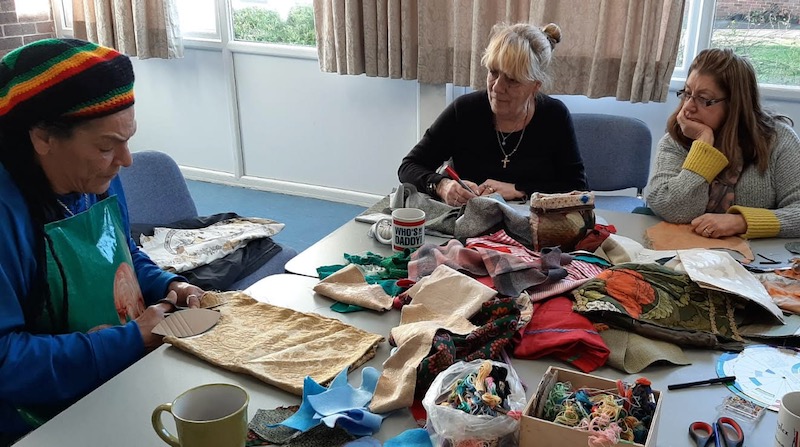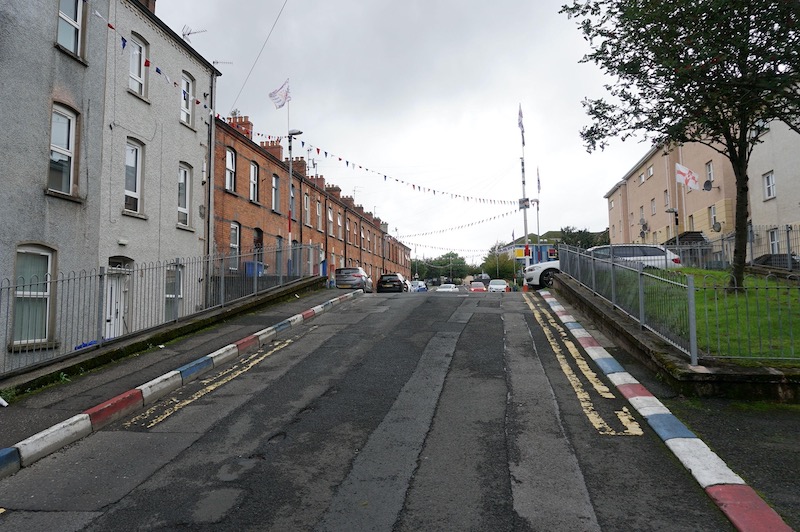Experts expect the results of the 2021 census in Northern Ireland to show that Catholics outnumber Protestants in the territory for the first time ever when they are published later this week. The announcement is likely to have far-reaching implications in Northern Ireland, which has been politically dominated by a protestant-background majority since the partition of Ireland in 1921.
With Catholic-background voters tending to support Irish nationalist parties that promote reunification with the south, and protestant-background voters supporting unionist parties opposing such moves, the census results will likely be taken as predictive of a broader political shift. Weakening church attendance and religious affiliation, especially amongst the young, means however that such an impact may be more muted than previously expected.
The last census, held in 2011, showed Northern Ireland's population to split nearly equally between Protestants (at 48 per cent) and Catholics (at 45 per cent) while 7 per cent said they belonged to another religion or none. In 2001, the equivalent figures were 53 per cent Protestant and 44 per cent Catholic. Multiple factors are likely to affect the demographic shift, including a traditionally higher birth rate among Catholics and, more recently, immigation from Catholic-majority nations like Poland.
Historically many Census respondents have declined to state their religious affiliation, complicating assessments of the results.
A 2016 Labour Force survey pointed to a clear age differential in demographics, with 51 per cent of school-age children in 2011 being Catholic as opposed to 37 per cent Protestant. Amongst residents of working age 44 per cent were Catholic and 40 per cent Protestant. Only among the over 60s was there a majority of Protestants – 57 per cent, compared to Catholics on 35 per cent.
Although Northern Ireland has underwent a process of secularisation, this has been slower than in the UK, with over 80 per cent of respondents identifying as Christian in the 2011 census. Moreover, a drift away from religion has been more pronounced in traditional protestant areas, with Catholics more likely to maintain ties with the Church even if they cease to attend mass regularly. Particular areas – and in urban areas, even neighbourhoods – are associated with each religious group across Northern Ireland.
The statistics from the 2021 census have been delayed due to the death of the Queen, but will be released Thursday 22 September. The data being released this week will include information on ethnic group, national identity, language and religion. They coincide with a turbulent period of politics in the region,with the Irish-nationalist Sinn Féin winning Northern Ireland’s devolved elections in May this year, the first time any pro-unification party has topped the poll.



 Loading ...
Loading ...